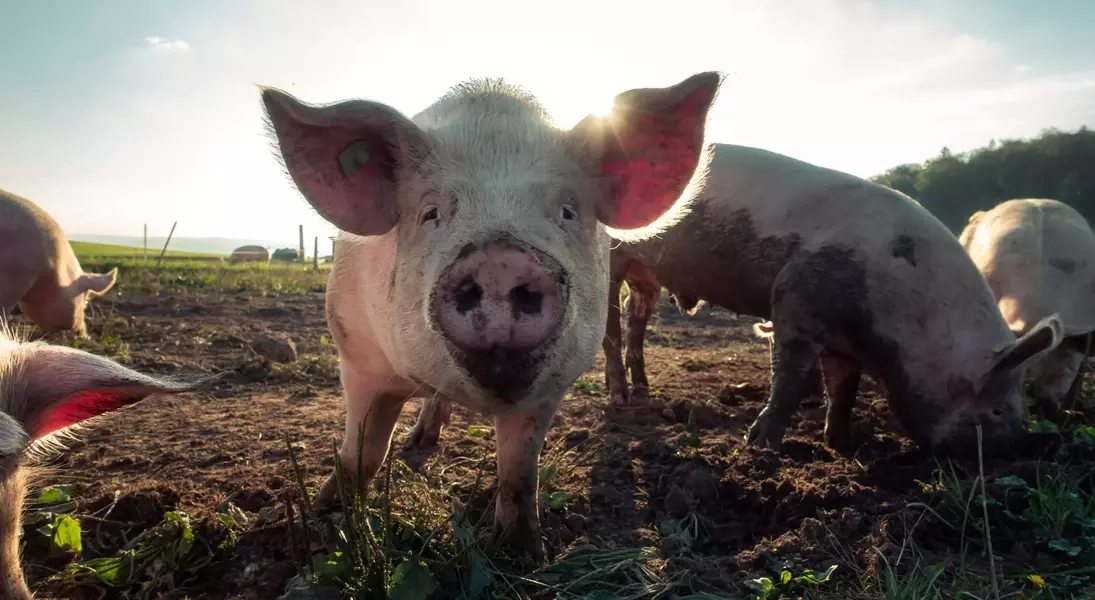
A major breakthrough in biotechnology has been achieved with the US Food and Drug Administration's recent approval of gene-edited pigs developed by the Pig Improvement Company (PIC) for human consumption. These pigs are engineered to resist porcine reproductive and respiratory syndrome, a costly viral infection affecting the global pork industry. The use of CRISPR technology enables these animals to inherit resistance to nearly all known strains of the virus, potentially transforming the pork supply chain into a more sustainable and disease-resistant source of protein.
The Pork Industry has long battled against the devastating effects of porcine reproductive and respiratory syndrome, which results in significant economic losses. In the United States alone, this disease costs approximately $560 million annually, causing reproductive failures and high mortality rates among young pigs. To address this issue, PIC employed CRISPR to modify a receptor on pig cells that the PRRS virus typically targets. This modification grants the pigs immunity to the majority of known PRRS virus strains.
This FDA approval paves the way for PIC to breed these gene-edited pigs on a commercial scale. The genetic modifications ensure that future generations will inherit the same resistance traits while maintaining indistinguishable taste and safety profiles compared to their unmodified counterparts. Such advancements alleviate common consumer concerns surrounding genetically modified organisms.
Beyond representing a technological leap forward, this development offers a promising solution for enhancing sustainability within the livestock sector. The scalability of CRISPR technology positions PIC’s pigs as highly adoptable candidates across the industry. Although not the first genetically modified animals approved for food consumption in the US—Revivicor’s Galsafe pigs received approval in 2020—the implications of this latest approval extend far beyond domestic borders.
PIC is now concentrating its efforts on securing regulatory approvals in vital international markets such as Canada, Mexico, and China. Initial commercial sales are anticipated to begin in the United States by 2026. Matt Culbertson, PIC’s COO, expressed his pride in reaching this milestone after years of rigorous research, validation, and collaboration with the FDA. This achievement marks a significant step forward for consumers, farmers, and the entire pork industry who have long awaited an effective solution to combat PRRS.
With the potential to revolutionize the pork supply chain through enhanced disease resistance and sustainability, the introduction of gene-edited pigs signifies a new era in agricultural biotechnology. The adoption of this innovative approach could lead to increased efficiency and profitability within the livestock sector while addressing critical challenges posed by diseases like PRRS.
